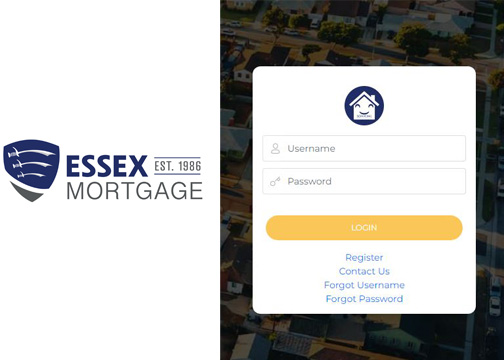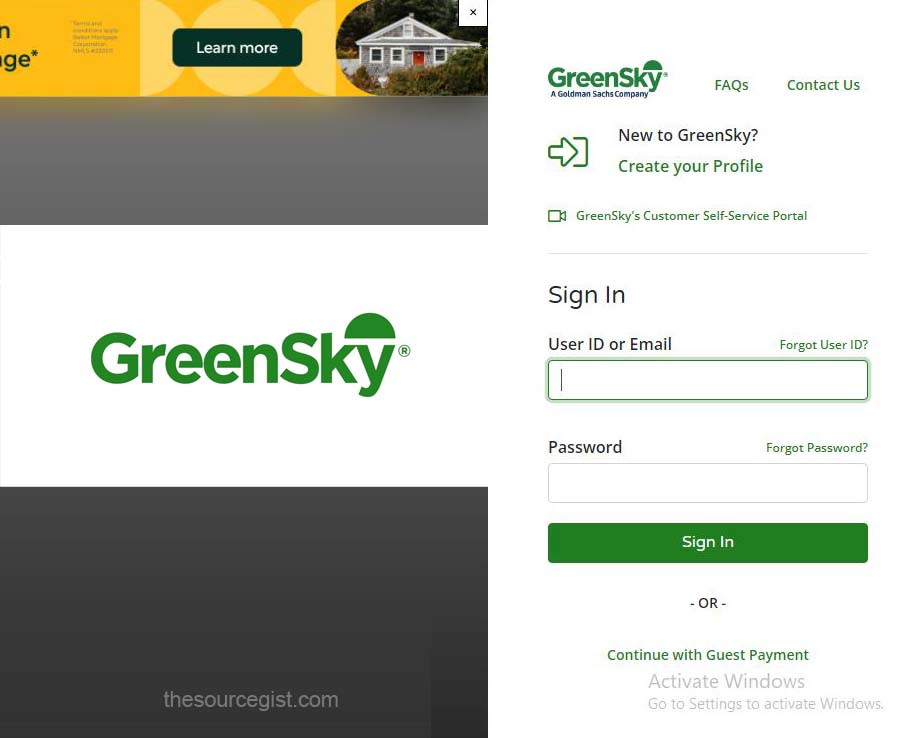Wondering if debt consolidation could affect some financial goals, such as buying a home, is common among most individuals, especially if it can be a helpful method for managing multiple debts. With debt consolidation, you can easily reduce financial stress and payments by combining debts into a single loan with lower interest rates. However, can debt consolidation affect buying a home?

Debt consolidation can affect buying a home through several factors, like your credit score, debt-to-income ratio, and financial circumstances. Additionally, when to apply and how to manage your debt would be determined if debt consolidation will assist or pause the home purchase. This article will explain how debt consolidation works, its pros and cons, and more.
How Does Debt Consolidation Work?
Debt consolidation only works when you combine many debts into a single loan. This includes credit card bills and personal loans, each with its own interest rate or expiration date. Additionally, the total interest rate on the new loan would reduce the interest rate on your previous debts. A single, regular monthly payment can simplify your financial situation by reducing the total interest paid over time. Also, it makes budgeting easy since you can only observe one payment.
Additionally, there are various ways you can consolidate debts; the following includes
- Debt consolidation loans: Most banks or other financial institutions provide debt consolidation to help you pay off multiple expenses.
- Credit cards: Credit cards with balance transfers involve transferring current debts to a new card with a lower interest rate.
- Home equity loans: Although there are hazards involved, people occasionally use the equity in their houses to settle debts.
Advantages of Debt Consolidation
As mentioned earlier, the consolidation of debt makes payment easier since individuals only have to manage one payment instead of many debts. Also, you can save your money by getting a loan with a lower interest rate compared to your previous loans in the long run. Your credit score may also increase if you settle a consolidation loan early and lower the number of other loans you owe.
Disadvantages of Debt Consolidation
Debt consolidation comes with upfront expenses like collateral. To get a loan, a borrower should offer a vehicle as collateral to the lender. The vehicle would be used to recoup the outstanding balance if the borrower defaulted on the loan. However, if your monthly payment could be minimal, an extended repayment term might lead to high interest. Additionally, combining old debts may accrue new ones if you do not have financial discipline.
How Debt Consolidation Affects Buying a Home
Debt consolidation can significantly reduce interest rates and monthly payments, potentially impacting home buying. Your debt-to-income (DTI) is an important factor when buying a home and enhances your ability to get a home loan. Additionally, a high DTI might indicate issues paying your home loan. Also, it may increase if you get a debt consolidation with a longer repayment term.
Furthermore, debt consolidation can become riskier to credit reporting agencies since it might make it more complex to get reasonable rates or get eligibility for a mortgage. In other words, this can reduce your credit score. Debt consolidation companies can potentially lower your credit score by negotiating reduced interest rates or debt with creditors. By reducing total debt and ensuring timely payments, debt consolidation can help raise your credit score over time.
How to prepare for a home purchase after debt consolidation
After debt consolidation, keeping a low DTI ratio and a high credit score is essential when preparing to buy a home.
Evaluate your credit score
Examining your credit report for accuracy, fixing any mistakes, and making on-time bill payments are all part of keeping your credit score high. Following debt consolidation, it’s critical to keep your credit utilization rate low (below 30%). Maintaining a strict payment schedule is crucial because it reduces debt and demonstrates your dependability to potential lenders. Furthermore, patience is essential since good credit takes time to develop.
Avoid making big credit card purchases
To avoid additional debt after debt consolidation, it’s advisable to avoid making large credit card purchases unless you can immediately pay off the bill. Avoid alluring credit card offers or put off purchases until you have the money to pay for them in full. Increasing your debt can put a strain on your finances, lower your credit score, and make it more difficult for you to get approved for a home loan.
Down payment
The down payment is a substantial upfront payment needed to purchase a property, even with a mortgage. The amount of your down payment can affect your mortgage’s terms, so it’s crucial to save money while managing your consolidated debt. After you have enough, spend some time researching and identifying the most affordable loan possibilities.
Understanding your budget
Take the time to comprehend your budget when you get ready to buy a house after debt consolidation. Keep tabs on your earnings and outlays, assess where your money is going, and modify as necessary. A budget can help you discover additional money to pay off bills more quickly, save for a down payment, or improve your chances of getting approved for a loan. Budgeting can help you stay within your means and make sure you can afford your new house without putting your debt payments or other financial obligations at risk.
Compare good mortgages
It’s appropriate to begin your mortgage search after your credit score is stable, your debt is under control, and you have saved money for a down payment. Investigate and contrast various lenders, interest rates, and loan conditions. Be mindful of the costs involved with each choice as well. These costs can mount up rapidly, so make sure you.






